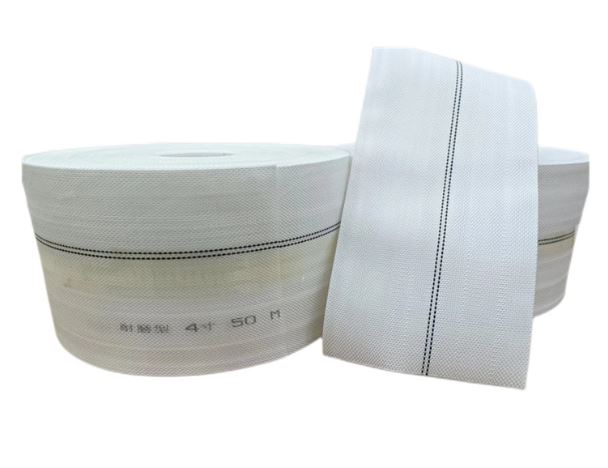lay flat irrigation hose
Understanding Lay Flat Irrigation Hose Benefits and Applications
Irrigation is the lifeblood of modern agriculture, playing a crucial role in ensuring adequate water supply to crops, especially in arid regions. Among the various irrigation methods and equipment available, the lay flat irrigation hose has garnered significant attention for its efficiency and adaptability. This article will explore the features, benefits, and applications of lay flat irrigation hoses, shedding light on why they have become a preferred choice for farmers and landscapers alike.
What is Lay Flat Irrigation Hose?
A lay flat irrigation hose is a flexible, flat, and collapsible water delivery system typically made from durable PVC or rubber materials. Unlike traditional pipes or rigid hoses, lay flat hoses can be easily transported and stored when not in use, making them highly convenient for agricultural and landscaping applications. These hoses can expand to a wide diameter when filled with water, allowing for considerable flow rates, while being lightweight and easy to handle.
Key Features
1. Flexibility and Lightweight One of the primary characteristics of lay flat hoses is their flexibility. They can be maneuvered easily around fields, gardens, or uneven terrains, making them ideal for varying landscapes. Their lightweight nature also means that less labor is needed for installation and handling, reducing labor costs for farmers.
2. Durability Lay flat hoses are constructed from robust materials that can withstand exposure to UV rays, chemicals, and extreme weather conditions. This durability ensures a longer lifespan and minimizes the frequency of replacements or repairs, thereby saving money in the long run.
3. Cost-Effectiveness Compared to traditional rigid piping systems, lay flat irrigation hoses are often more cost-effective. They are easier to install, requiring minimal infrastructure, which can significantly reduce initial expenditures.
4. Versatile Applications Lay flat hoses can be utilized for various irrigation systems, including drip irrigation, surface irrigation, and rain irrigation. They are capable of delivering water evenly across large areas, making them suitable for farms, orchards, gardens, and sports fields.
lay flat irrigation hose

5. Easy Storage When not in use, these hoses can be drained, rolled up, and stored conveniently. This feature is particularly beneficial for seasonal farmers or those with limited storage spaces.
Benefits of Lay Flat Irrigation Hose
1. Efficient Water Distribution The design of lay flat hoses allows for uniform water distribution, which is essential for optimal crop growth. This efficiency helps reduce water wastage and promotes sustainable agricultural practices.
2. Reduced Soil Erosion By facilitating controlled irrigation application, lay flat hoses can help minimize soil erosion, protecting vital topsoil and maintaining soil health.
3. Adaptability Lay flat hoses can be deployed in a variety of agricultural settings, from small gardens to large-scale farming operations. Their adaptability makes them an excellent choice for both commercial and residential use.
4. Wide Range of Sizes Available in various diameters and lengths, lay flat hoses can cater to specific irrigation needs, ensuring farmers can find the perfect fit for their operations.
5. Low Maintenance The materials used in the construction of lay flat hoses require minimal maintenance, freeing up time and resources for farmers to focus on other critical aspects of their operations.
Conclusion
Lay flat irrigation hoses have revolutionized the way farmers and landscapers approach irrigation. With their numerous advantages, including flexibility, durability, cost-effectiveness, and efficient water distribution, it is no wonder that they have emerged as a preferred choice in modern agricultural practices. As the demand for efficient irrigation solutions continues to rise due to climate change and increased food production needs, lay flat irrigation hoses are likely to play an increasingly vital role in responsible and sustainable farming. Whether for a small garden or expansive fields, investing in a lay flat irrigation hose can be one of the best decisions to optimize water use and enhance crop yield.
-
Top Quality Oxy Acetylene Hoses for Sale Fit for Welding DemandsNewsJul.28,2025
-
The Future of Pneumatic Air Tubes in IndustryNewsJul.28,2025
-
Superior and Reliable LPG Hose Pipe Solutions for Every NeedNewsJul.28,2025
-
Exceptionally Durable and Versatile Premium Braided PVC TubingNewsJul.28,2025
-
Best Adapters for Connecting Garden Hose to PVC Pipe ConnectionsNewsJul.28,2025
-
The Essential Role of LPG Hoses in Safe and Efficient Gas DistributionNewsJul.16,2025














